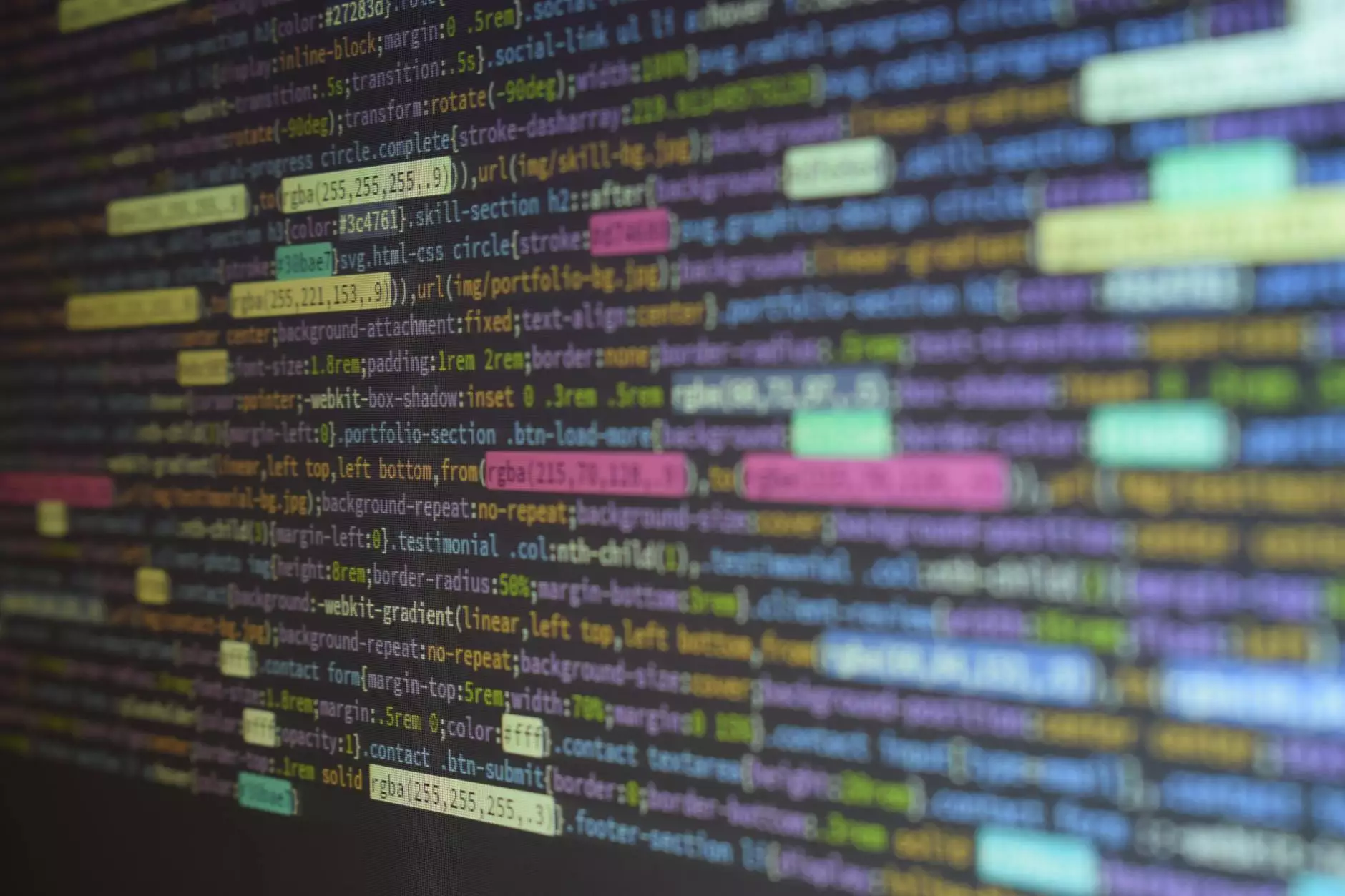Unlocking Your Career Potential: Medical Coding Courses for Beginners

The healthcare industry is a rapidly evolving field, presenting a myriad of opportunities, especially for those interested in medical coding. If you're considering a career that combines healthcare knowledge with data management skills, then medical coding courses for beginners may be your pathway to a fulfilling job. This article will delve into everything you need to know about starting your journey in medical coding.
What is Medical Coding?
Medical coding is the process of transforming healthcare diagnoses, procedures, medical services, and equipment into universal medical alphanumeric codes. This critical function ensures that healthcare providers are reimbursed properly for their services. Moreover, accurate coding is essential for healthcare analytics, compliance, and quality control.
Why Consider Medical Coding Courses for Beginners?
Starting a new career can be daunting, particularly in specialized fields like healthcare. Yet, medical coding offers numerous benefits:
- High Demand: With the growing healthcare sector, the demand for trained medical coding professionals continues to rise.
- Job Stability: Medical coders are crucial to healthcare operations, which provides a level of job security.
- Flexible Work Options: Many medical coding jobs offer remote work and flexible hours, ideal for work-life balance.
- Good Compensation: Competitive salaries make medical coding an attractive career choice.
Core Skills for Medical Coders
Before enrolling in medical coding courses for beginners, it’s beneficial to understand the essential skills you'll develop:
- Attention to Detail: Precision is key in translating medical information into codes.
- Analytical Skills: The ability to analyze clinical statements and convert them into appropriate codes is vital.
- Knowledge of Medical Terminology: A solid understanding of medical terminology is essential for accurate coding.
- Proficiency in Coding Systems: Familiarity with coding classification systems such as ICD-10, CPT, and HCPCS is necessary.
Types of Medical Coding Courses Available
When exploring medical coding courses for beginners, you’ll find various formats and structures, catering to different learning preferences:
Online Courses
Many institutions offer comprehensive online courses, allowing flexibility for students. These courses often include interactive modules, video lectures, and quizzes to reinforce learning.
Community College Programs
For a more structured environment, consider enrolling in a community college. These programs typically offer diplomas or certificates, along with hands-on training opportunities.
Certification Courses
Certification is a crucial step in establishing a professional identity in medical coding. Many notable organizations, such as the American Academy of Professional Coders (AAPC), provide courses aimed specifically at preparing students for certification exams.
What to Expect in Medical Coding Courses for Beginners
While content may vary between programs, most medical coding courses for beginners will cover the following key topics:
- Introduction to Medical Coding: Understanding the basics and importance of coding in the healthcare system.
- Medical Terminology and Anatomy: A foundational overview of essential terms and body systems.
- Coding Classification Systems: In-depth study of ICD-10, CPT, and HCPCS coding systems.
- Regulatory Guidelines: Learning about HIPAA and other compliance regulations affecting medical coding.
- Practical Coding Exercises: Hands-on practice in coding real-life medical scenarios.
How to Choose the Right Medical Coding Course
Selecting the right program can greatly impact your success. Consider these factors when choosing a medical coding course for beginners:
- Accreditation: Ensure that the course is accredited by a recognized organization.
- Curriculum Quality: Review the curriculum to ensure it covers all necessary topics in-depth.
- Instructor Qualifications: Check the credentials of the instructors to ensure you’re learning from experienced professionals.
- Student Reviews: Look for testimonials from former students for insights into their experiences with the course.
Paths to Certification in Medical Coding
Obtaining certification can significantly enhance your employment opportunities and earning potential. Some common certifications include:
CPC (Certified Professional Coder)
This certification, provided by AAPC, is widely recognized in the industry and validates your skills in coding proficiency and healthcare regulations.
CCS (Certified Coding Specialist)
Offered by the American Health Information Management Association (AHIMA), the CCS certification is designed for coders with experience in inpatient settings.
CIC (Certified Inpatient Coder)
This certification focuses on coding for inpatient hospital services, particularly useful for those aiming to work in hospital settings.
The Future of Medical Coding
As technology advances, the landscape of medical coding is continually evolving. The emergence of artificial intelligence (AI) and automated coding solutions are changing the way coders work. However, human oversight remains crucial. A strong foundation in coding principles and regulations will be invaluable as the industry adapts.
Conclusion
Embarking on a career in medical coding can be incredibly rewarding. With the right training, such as medical coding courses for beginners, you can build a solid foundation for a successful profession in the ever-expanding healthcare industry. As you consider your options, remember to research courses thoroughly, focus on building essential skills, and stay informed on industry trends. Your career in medical coding awaits!
For more information on enrolling in courses, please visit pmbausa.com.









